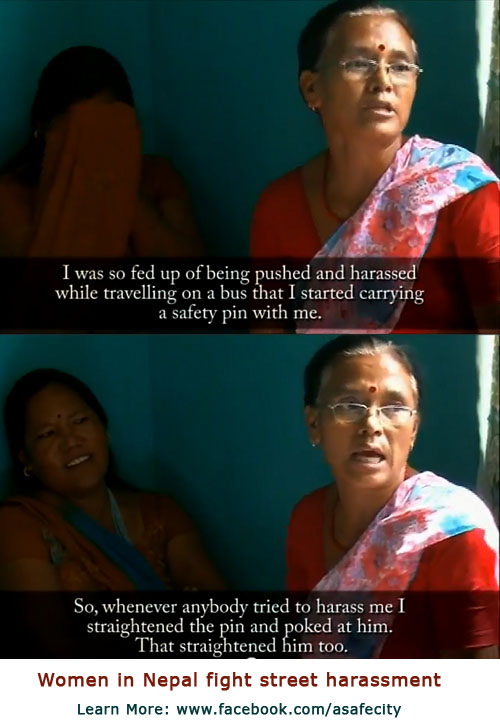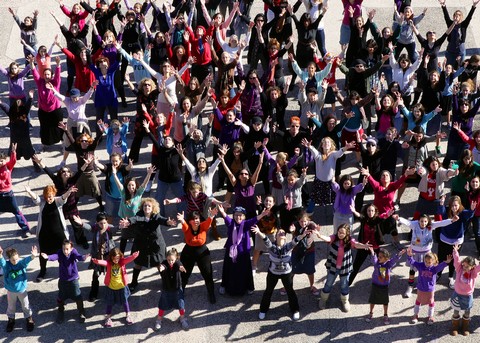Hollaback Edinburgh has been running for just over three months, and we’ve been lucky to have a motion supported in the Scottish Parliament and to have met with Edinburgh city councillors to talk about what we do.I wanted to share with you how we did this, and some of the things that have helped us on the way. A massive caveat; Scotland, and Edinburgh, are open representative democracies so some of these points might not apply to where you are, and the environment you’re working in.
In Scotland, we’re lucky enough to have a fairly good political approach to violence against women. It’s not perfect, but it is pretty good for activists like us. We do, absolutely, have that in our favour, and having a relatively supportive political environment where inequality isn’t a dirty word means we already have one foot in the lobbying door. That’s not to say that folk have been throwing parties for us, or that there aren’t plenty of people who think we’re the PC police, but we’re not doing too badly.
But a big part of what we’ve been doing is reaching out. If you’re also in a representative democracy, they work for you. It’s really helpful if you’re able to identify a politician who might help out- publically available voting records or committee memberships give you a good idea of who might be an ally.
We sent out a happy HOLLAdays email to all representatives for Edinburgh, 85 in total-if my cut and paste skills are up to scratch- which resulted in us getting a private tour of the city chambers, a potential funding opportunity and a good old chat. If you get nowhere with a generic “hiya” email, go see your representative, tell them about street harassment in your community and get them to do something about it. Ask other people to do the same, one visit or letter might not do anything, but a whole bunch should do. Record who has been supportive and keep them in the loop with what you’re up too.
Although Scotland is fairly progressive in terms of gender equality most of the time, it doesn’t mean that working out the ins and outs of bureaucracy is any easier, so this is where building networks comes in.
Find and talk to women’s, LGBT, and other equality groups and organisations where people lobby for a living- they will know how councils and parliaments work, and might be able to help you navigate your way through 2003 websites and dodgy search engines. Figure out exactly what you want from politicians- do you want them to support public advertising, do you want funding from them, do you want to be involved in community safety meetings (or equivalent)? Or would you like to use their rooms for meetings?
But most of all, be confident in reaching out to them. Your representatives are just that- you put them there, and they do work for you. At the start of next year, we’re going to be working out what exactly we want them to help us with, but so far the simple act of just saying hello has begun to open some very exciting doors.
Ellie Hutchinson is the co-ordinator of Hollaback Edinburgh, which launched in September 2012, and is the first of it’s kind in Scotland. In her day job Ellie works for a national violence against women charity.






